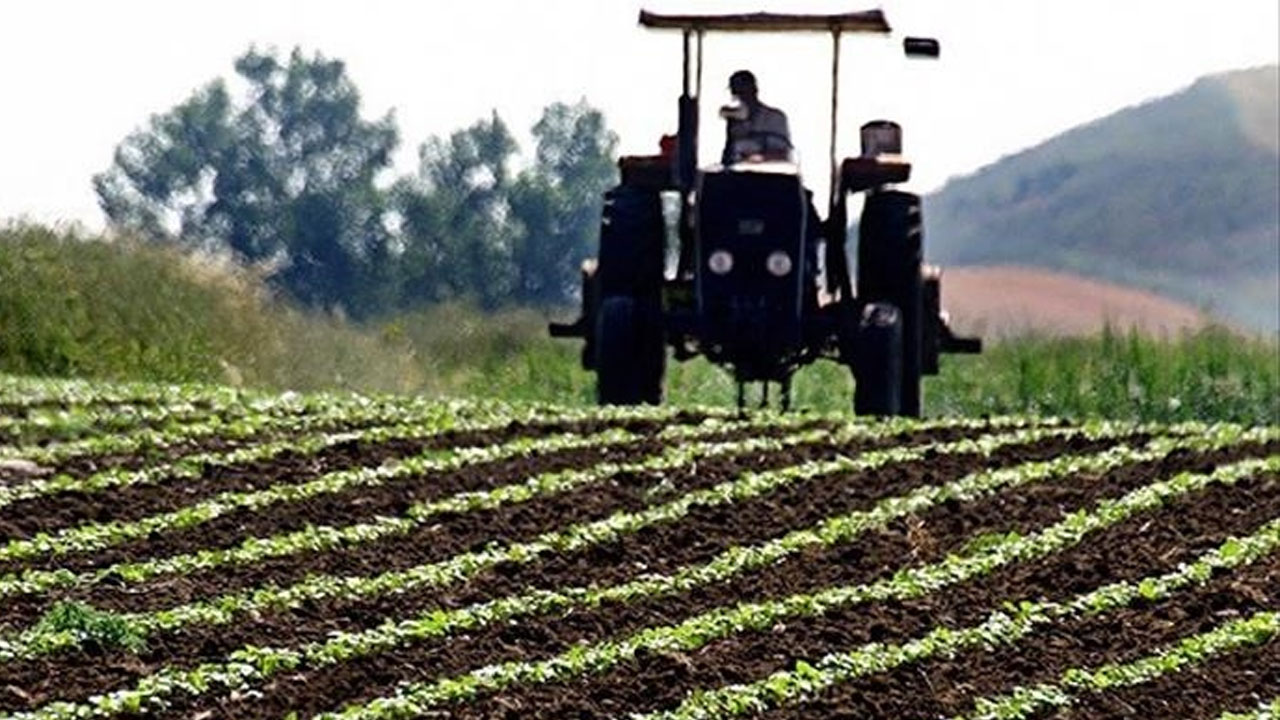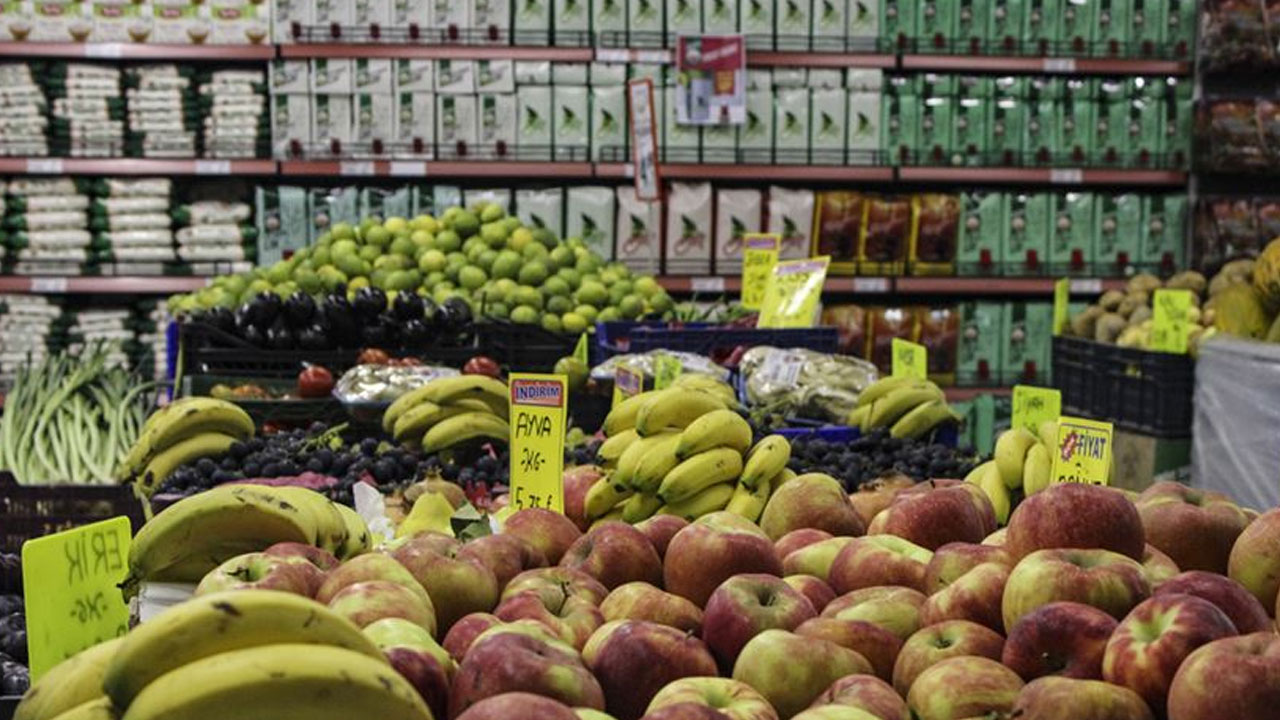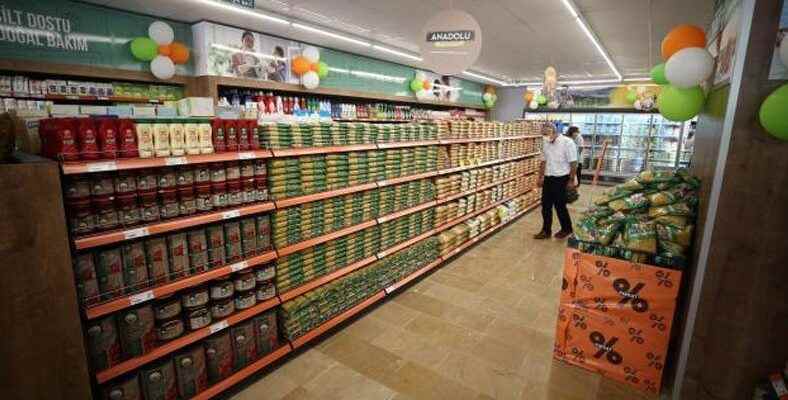Exorbitant price increases in markets have been on the agenda for a while. President Erdoğan announced that he gave instructions to the Agricultural Credit Cooperative to expand the Cooperative Markets throughout Turkey after shopping in one of the markets. So how are these Cooperative Markets different from other chain markets?
The exorbitant price increase for items including basic needs throughout the past year prompted the Ministry of Commerce and inspections began in September. The exorbitant price statement of Murat Ülker, the owner of Şok, one of the biggest supermarket chains in Turkey, created the agenda, while the President stated that the chain stores were responsible.
Despite the discussions, the results that did not change when the citizens came to the cash register brought up alternative shopping ways in Turkey. One of these ways is the local and limited number of cooperative markets. What President Erdogan personally gave to the press at the exit of the shopping “1000 cooperative markets across Turkey” It seems that his statement on the subject will be one of the important items on the agenda of the week. So what is the cooperative market, how is it different from other chain markets?
Let’s start with the basics: Cooperatives and outlets actually existed for a long time, but were not common. There has never been an “alternative search” by citizens as much as today. So what exactly is a cooperative and what do these markets do?
- A cooperative is actually a type of partnership.
- Through this partnership, the manufacturers eliminate the middlemen and deliver the products to the buyers at more affordable prices.
- These producers can be very large companies, municipal enterprises, small farmers in villages and towns; It can only be state-sponsored.
- In Turkey, there are many cooperatives, both municipalities, state and private, in most regions and big cities.
- The products produced by these cooperatives generally consist of basic and agricultural foods.
- Producers eliminate intermediaries such as shelf fees and vegetable or fish market through cooperatives’ sales channels.
- From the point of production, the products go directly to the sales point of the cooperative (to the market, to the contracted grocery store or to the local markets) and to the consumer’s table.
- Prices decrease because the middleman is at a minimum level and the products change hands less until they reach the table.
How many cooperatives are there in Turkey?

There are 53 and 259 cooperatives in 30 different sectors in Turkey. These cooperatives can establish associations among themselves, just like associations. In essence, the aim is to deliver a product or service to the buyer in a cheap way and to make a better profit for the producer.
Where are the Cooperative Markets belonging to the Agricultural Credit Cooperative, which is planned to be expanded to Turkey, located now?

Its origin dates back to 1863 and was embodied in 1925; Ziraat Bank until 1972, and state-supported Agricultural Credit Cooperatives, operating with an autonomous structure since 1977, in 2017. Cooperative Markets had announced. Most branches of Cooperative Markets, which opened its 300th branch in June 2021, are located in metropolitan cities that have little contact with the manufacturer.
You can view the nearest branch of these markets by searching for “cooperative market” on Google Maps. Just click the link here to make the call.
